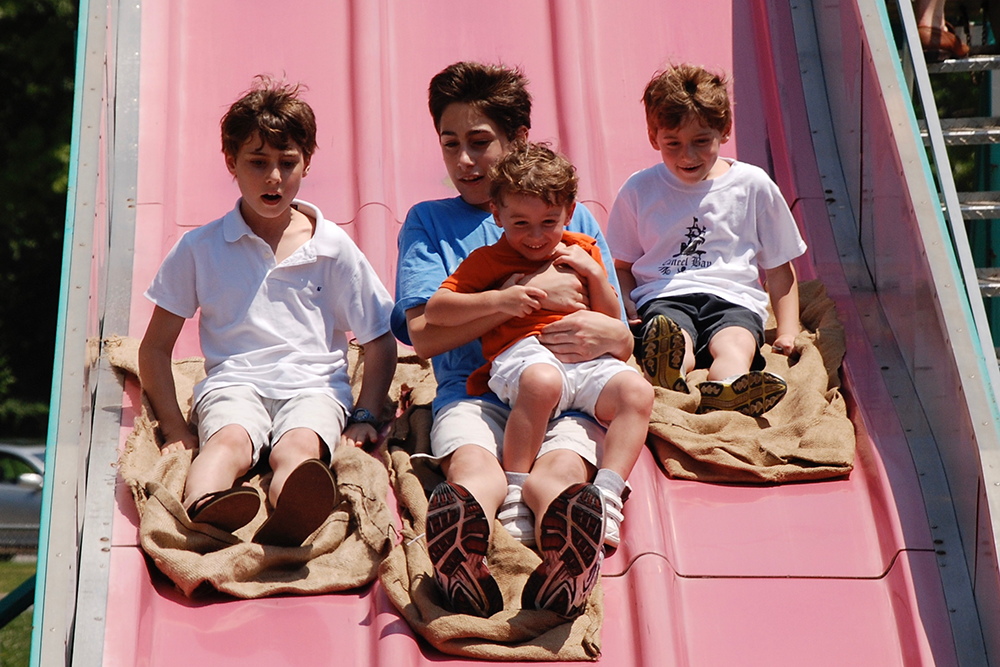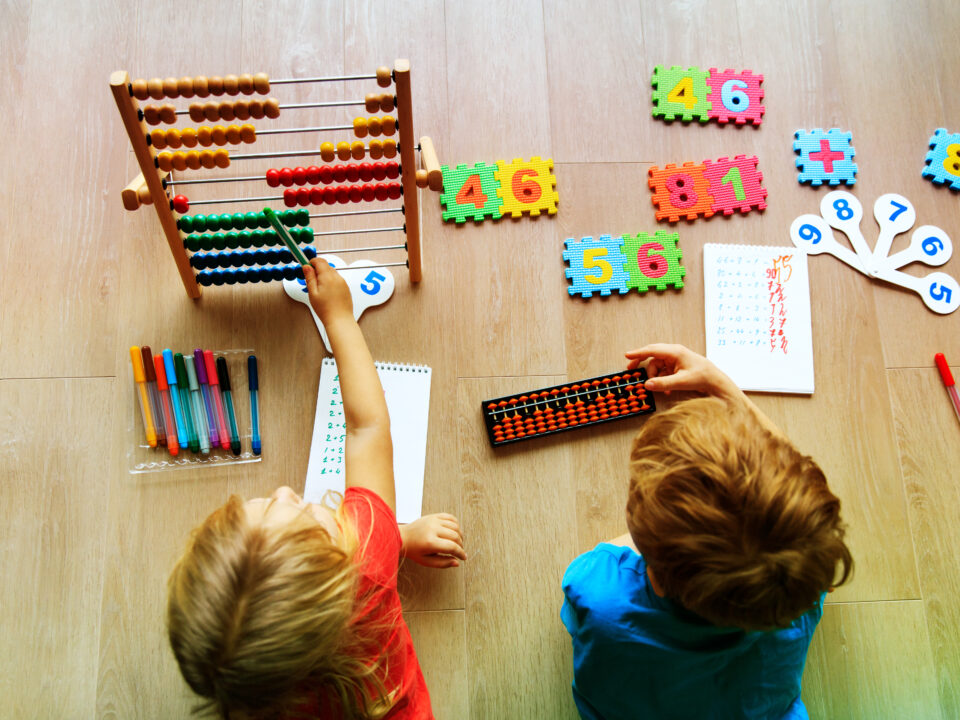
Workshop for Parents of Neurodiverse Young Adults
July 1, 2025
Handling the Hurdles of Parenthood
July 29, 2025Supporting Your Neurodiverse Young Adult Children
By Carol S. Siege, PCC
Founder, Family Pathways Coaching, LLC
I am blessed to have four amazing sons, who I love unconditionally. They know it, my extended family, and my friends all know it. I talk about their milestones, I marvel at their journeys, and sometimes I fret about their hardships. All four are young adults, and each one falls under the neurodiverse umbrella, to greater and lesser extents.
As young adults, they are navigating so many turning points: higher education, career paths, relationships. And simultaneously they are learning to live independently: laundry, meal prep, car appointments, and perhaps even rent payments. When the sun is shining and they have a good day, a good week, a good year, we celebrate and try to capture the moment, hold onto the ease and joy. When the clouds hover, though, a parent’s whole life can be affected.
I try not to subscribe to the adage, “We’re only as happy as our least happy child.” While we want to empathize with our struggling kids, no matter their age, we must also be at their side to help them out of the hole created by depression or anxiety or disastrous events. I have learned the hard way (by sometimes missing the mark) how important it is to validate our kids’ struggles. They often need a trusted confidant who will listen to the pain they are experiencing and just hold it for them. “That must have been so hard.” “I’m sorry you had to go through that.” “I’m here for you.” These statements can be truly powerful when our kids are feeling alone, unfairly judged, or vulnerable.
So often our instinct as parents is to offer our children advise. We want to impart the wisdom we have gained over our years. Maybe we want them to avoid the pitfalls we had to endure. Sometimes we may actually have expertise in the areas where they need help. And yet, problem solving isn’t always what our kids require or desire.
The step we parents (yes, me too!) sometimes forget is asking our kids what they want from us. We may think we are being helpful, that we are communicating; and yet, if we do not recognize that we all demand different things at different times, we may end up offering a cure for the wrong ailment.
Consider the following needs our neurodiverse children may wrestle with when they are experiencing adversity and how parents can be supportive:
When our kids need understanding and acceptance:
- Listen without correcting
- Validate experiences, both good and bad
- Respect sensitivities, routines, or coping strategies

When our kids are seeking connection:
- Welcome them exactly as they are, without need to change or pretend
- Communicate using direct, compassionate language
- Allow them time and space to express themselves
When our kids are ready to tackle a problem:
- Offer safety through structure or predictability
- Pay attention to transitional times, which can be overwhelming
- Focus on strengths, not just deficits
As young adults, our children are often able to articulate their thoughts, but if they struggle to communicate, it’s important to work in partnership with our children to correctly interpret their needs and wishes. We must get curious, be patient, and think beyond our own expectations.
And yes, eventually it will be time to do the hard work required to move forward. At some point, most of our kids must start a job search, move into their own homes, or learn how to care for themselves, even when hiccups happen. Prepare for those conversations and offer your young adult children agency. Avoid dictating and instead collaborate.
Whether a person is neurodiverse or neurotypical, progress rests on three essential pillars:
- Motivation – The drive and desire to tackle an issue
- Inspiration – The spark that makes us want to move forward
- Clarity – The understanding of the actions necessary to meet our goals.
Moving out of their comfort zone, taking on the challenges that seem insurmountable or where our kids may have previously failed takes courage. We can help them to be brave by offering acceptance and understanding, deep connection, and then practical advice for successful next steps.
If our kids need to be daring, we need to be patient. And persistent.



